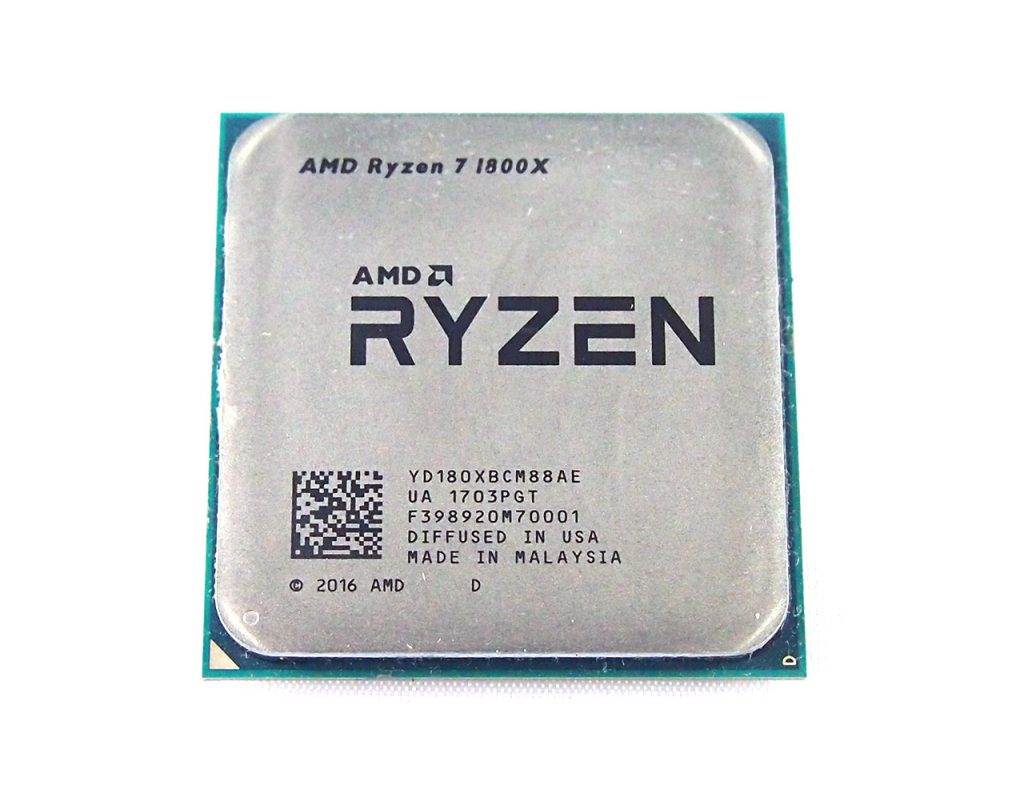When VR-Zone reviewed AMD’s new Ryzen processor, the R7 1800X, we found it to be very competitive with Intel’s similar offerings, particularly at multi threaded workloads and content creation tasks thanks to its 8 core/16 thread design and aggressive pricing. One thing we were surprised by was the average gaming performance on offer. So much so that we thought we might have been doing something wrong or overlooking a fundamental setting.
In this graph, produced for our review, we can see the 1800X lagging behind its closest applicable competitor, the i7 5960X by quite a way, both in minimum and average FPS. Many other reviews found the same thing. with FPS being unusually behind their Intel competitors, despite matching or beating them in many other workloads.

Note that while virtually no gamer would use the combination of a R7 1800X and GTX 1080 at low setting as 1080p. The reason for using this setting in a test scenario is to minimize or eliminate a GPU bottleneck and put the limiting factor back on the CPU to test its abilities in CPU limited scenarios.
Some investigation by well known AMD super user, ‘The Stilt’ has shown that the problem may lie with Windows 10 and the way the OS schedules workloads to the physical and logical cores. While the R7 CPUs can process 16 simultaneous threads, they do only have 8 physical cores, and the speculation is that Windows 10 cannot yet differentiate between Ryzen’s physical cores and a logical cores (a physical core will be faster).
AMD have since pinched our test system for rotation, but we have been promised we will get it back shortly. When this happens, you can be sure we will launch our own investigation into this issue, both with SMT enabled and disabled and with different operating systems. Our interest has been suitably piqued.
The good news is that there appears to be a bit of upside after some work by AMD, the motherboard BIOS teams, Microsoft and software developers to allow Ryzen to perform to its full potential. This bodes well for the future of the architecture with AMD working on second and third generation successors to Ryzen to be released in the future.







